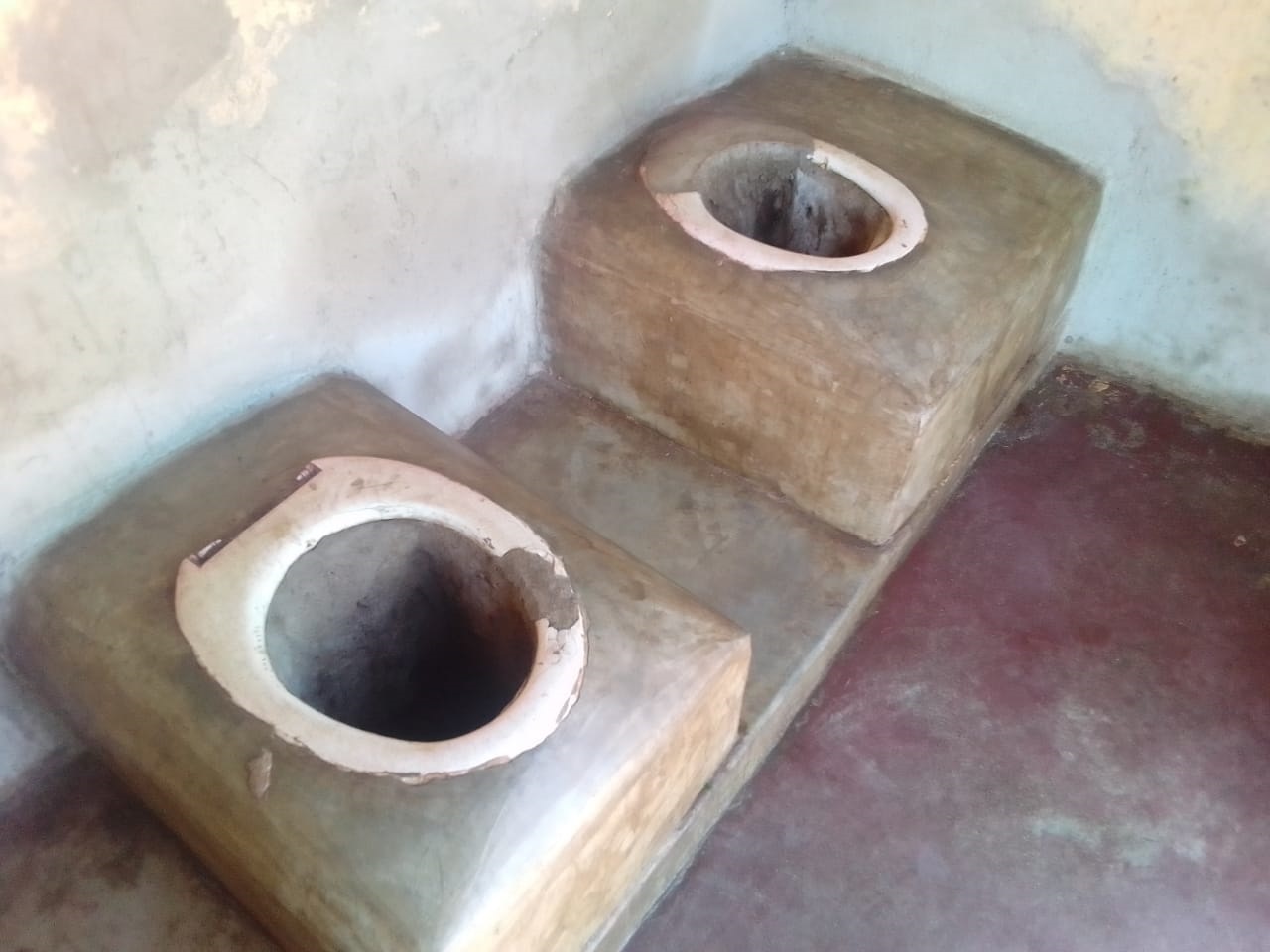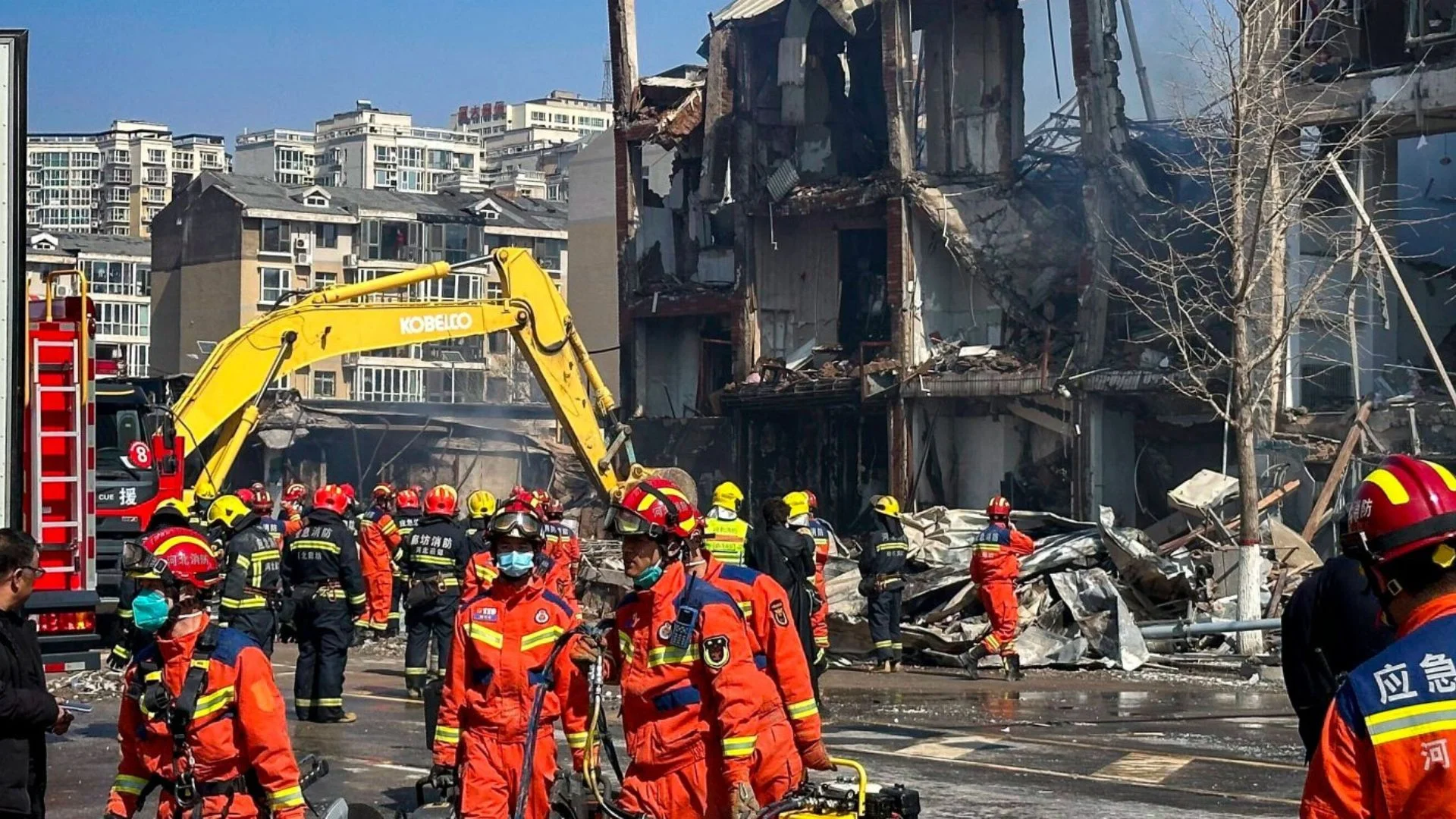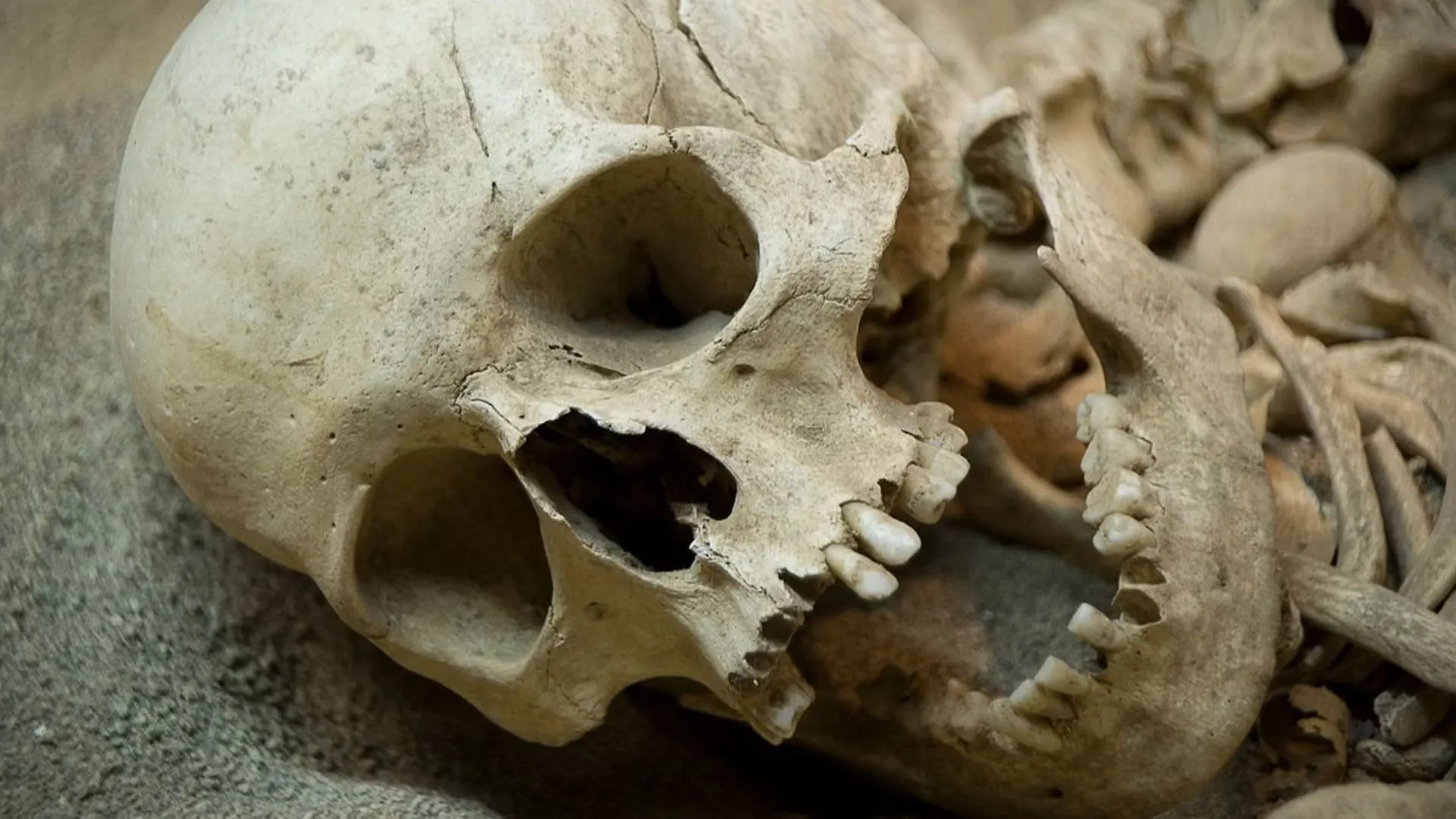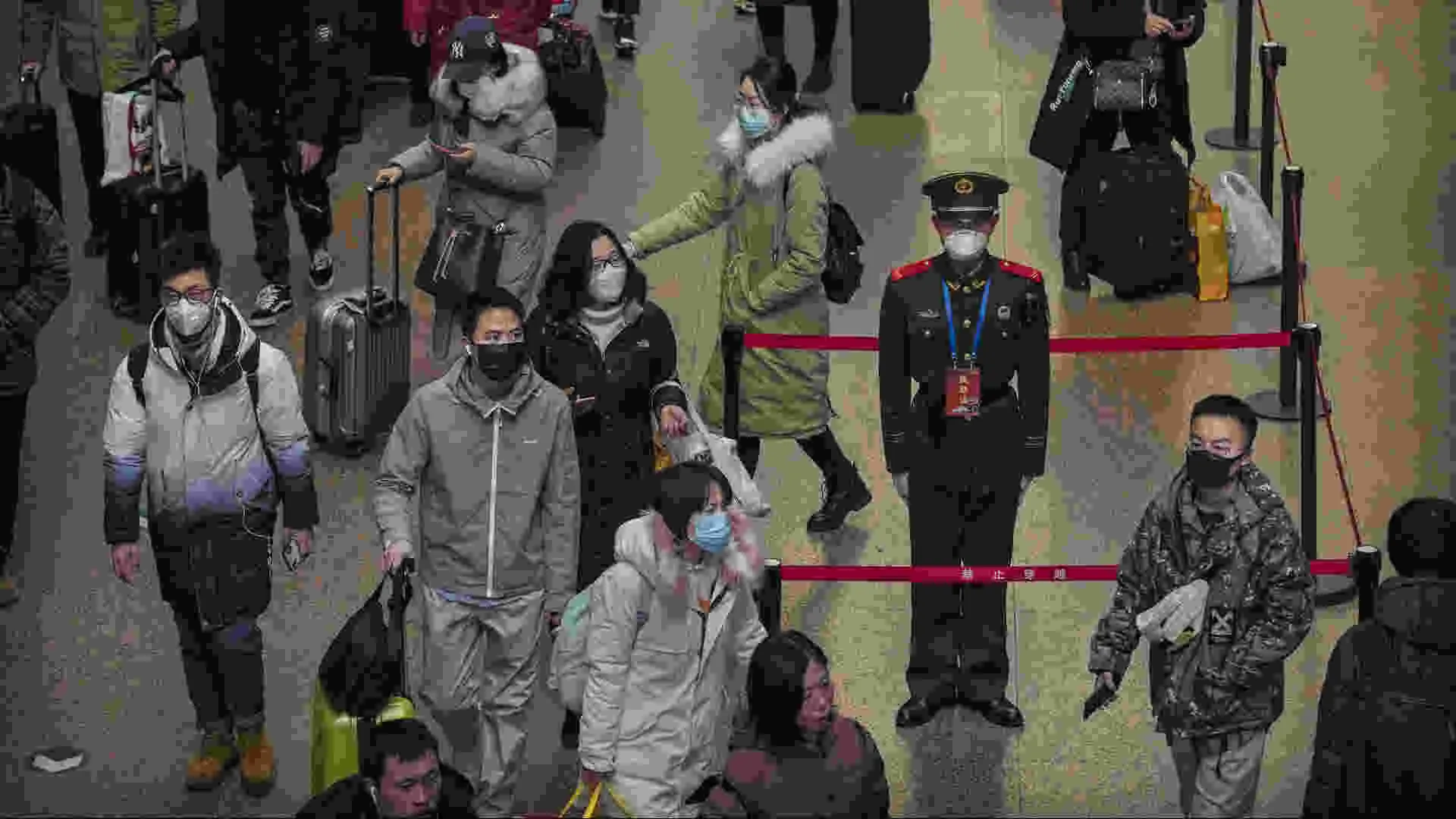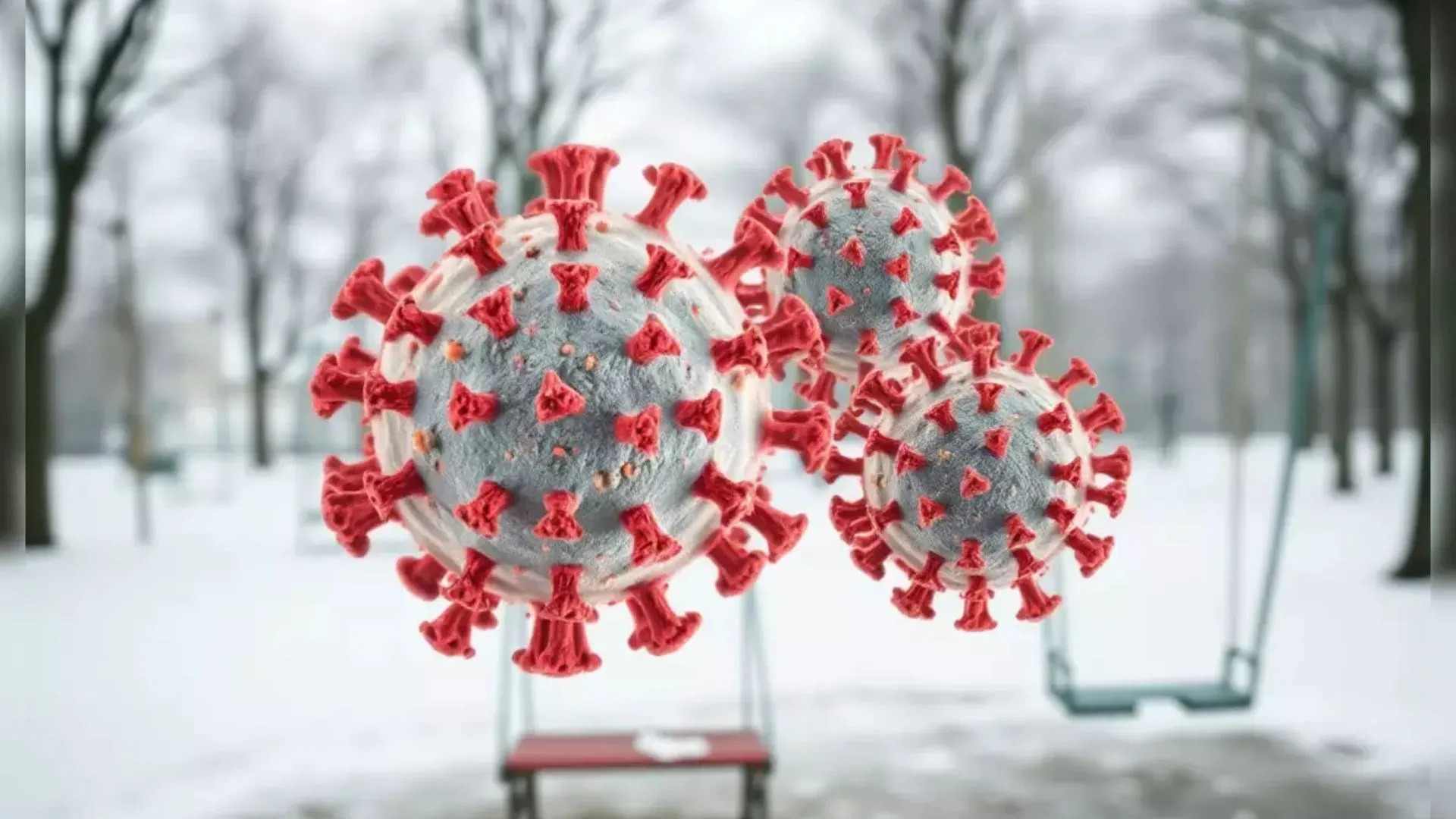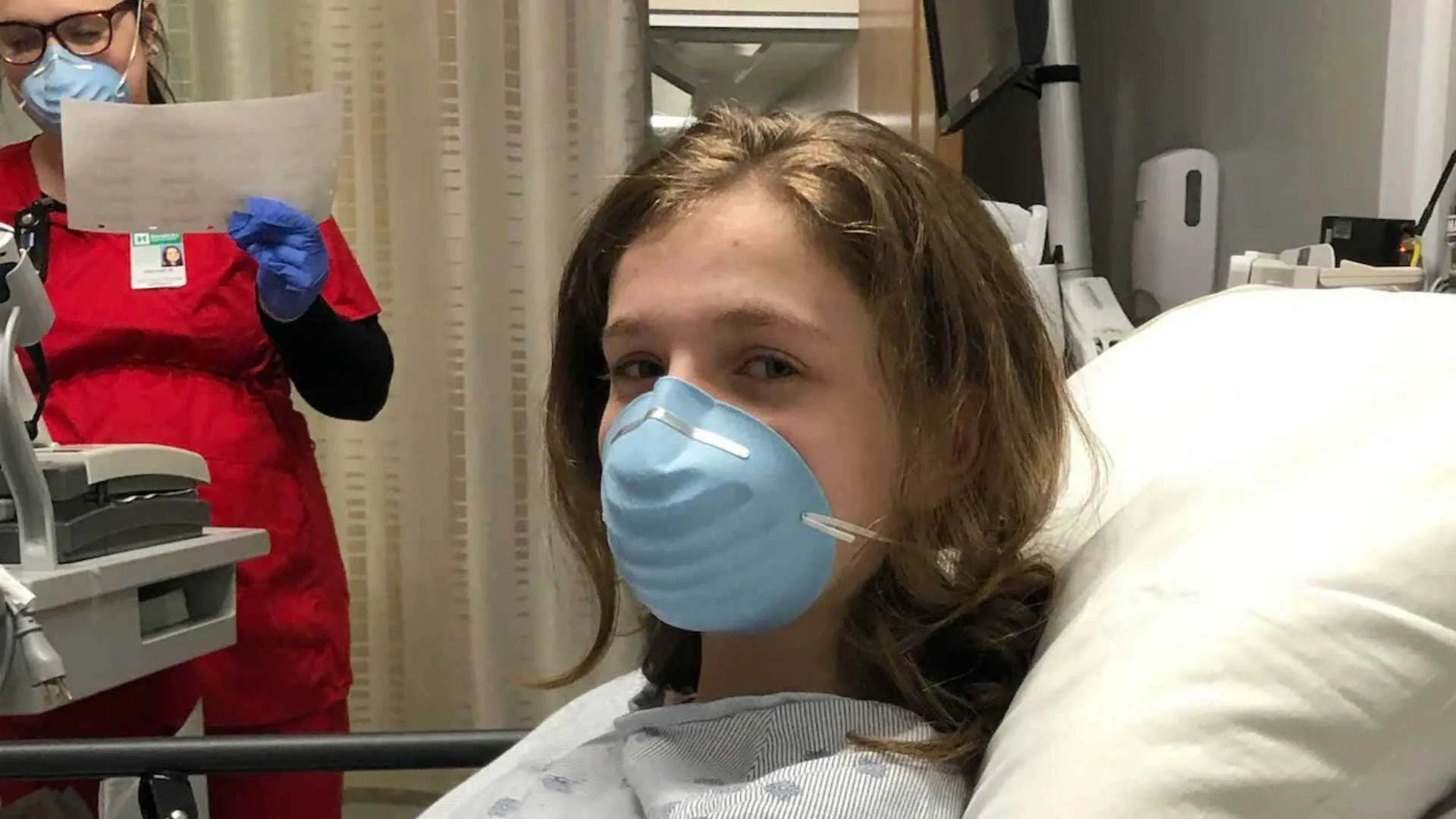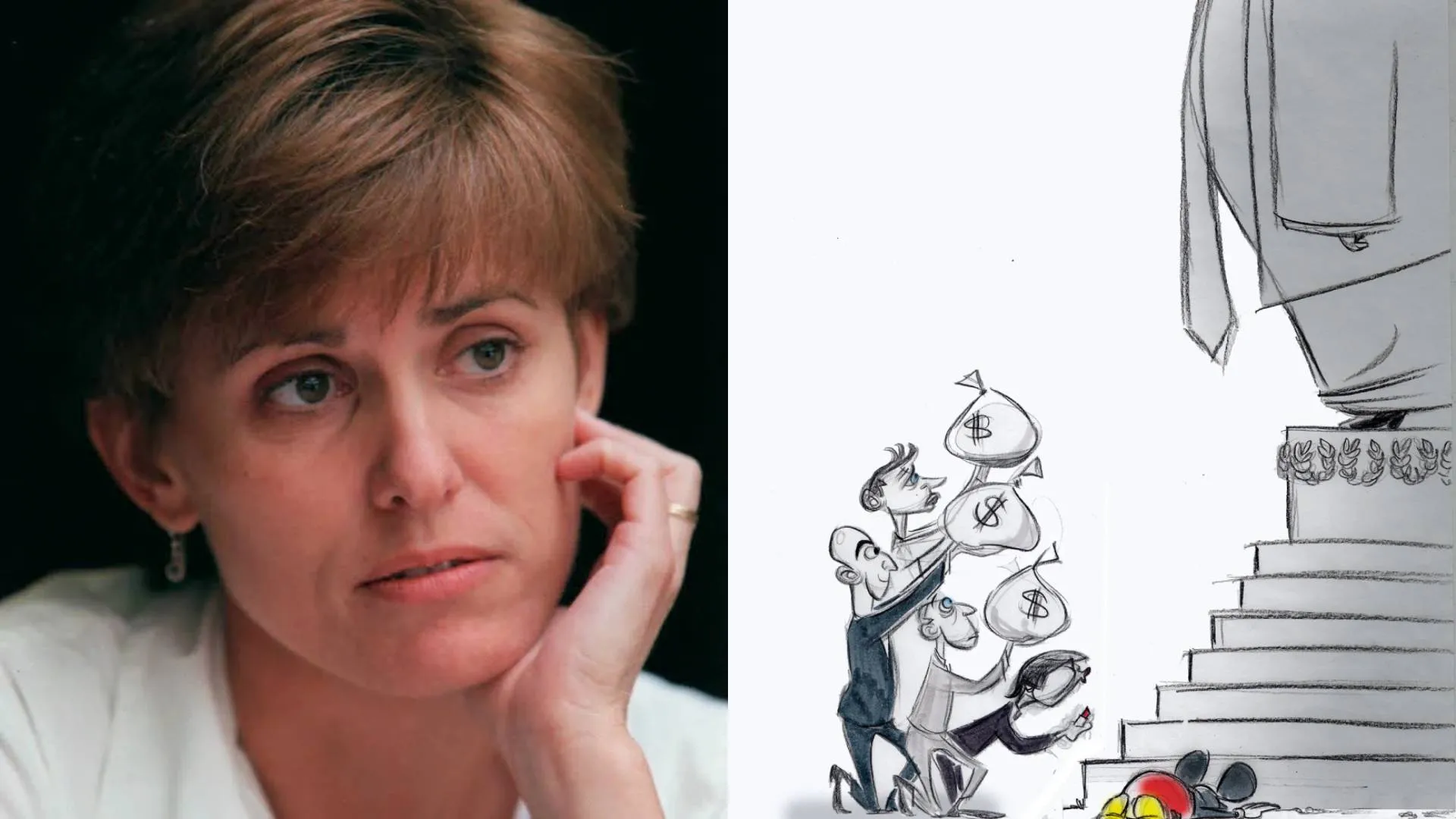At a high school in rural northern South Africa, more than 300 students and their teachers share three toilets, and that woefully lopsided figure isn’t the worst problem. The three toilets are pit latrines, effectively 10-feet-deep holes in the ground that students line up during a lunch break to use. The pit toilets at Seipone Secondary School in the village of Ga-Mashashane at least are covered by white toilet seats and enclosed by brick structures. Some of the pit toilets still used at more than 3,300 schools in poor, mostly rural areas across South Africa aren’t. It’s a shameful situation for a country referred to as the most developed in Africa, and an indicator of its profound problems with poverty and inequality, say human rights groups pushing the South African government to do away with the sub-standard facilities in schools forever.Unhygienic, the latrines also present a much more direct danger.
A HORRIFIC INCIDENT
The sight that greeted James Komape one day in January 2014 at the nearby Chebeng village is horrific by every measure.
He’d received a phone call asking him to rush to his 5-year-old son’s pre-school. The little boy, Michael, was found dead, drowned at the bottom of a pit latrine. Michael’s body hadn’t even been removed from the pool of water mixed with feces and urine at the bottom of the pit he fell into when his father got there.
Other small children have also drowned in pit latrines in the near-decade since, one girl as recently as last month, another boy in March. There are no reliable figures to say how many children have lost their lives in pit toilets.The latrines, which have an outlet that is used to drain them periodically, are cheaper and more practical for poorer schools because they don’t rely on a constant supply of running water.
At the Jupiter Pre-School and Creche in the same Limpopo province where Michael died, children as young as 3 are still using pit toilets that have no proper seat but rather a hole carved out of a concrete slab that opens to the pit below.
GOVERNMENT’S PROMISE
The South African government promised to replace all pit toilets at schools nationwide by March 31 this year. It hasn’t happened. Basic Education Minister Angie Motshekga said there are still 3,398 schools using pit latrines and the deadline to eradicate them has been shifted to 2025.Lebelo said “it speaks about how we perceive people in rural areas.”
Section 27
Section27 is another human rights group pushing for the pit toilets to be eradicated for “safe and decent sanitation facilities.” Section27 supported Michael Komape’s family in their legal action against the local and national education departments and they succeeded in getting a court ruling that authorities must provide updated information every six months on schools in the Limpopo province using pit toilets and the plans to replace them. Section27 called its system to track the government’s work The Michael Komape Sanitation Progress Monitor and it is able to use the information to hold the education department accountable.

